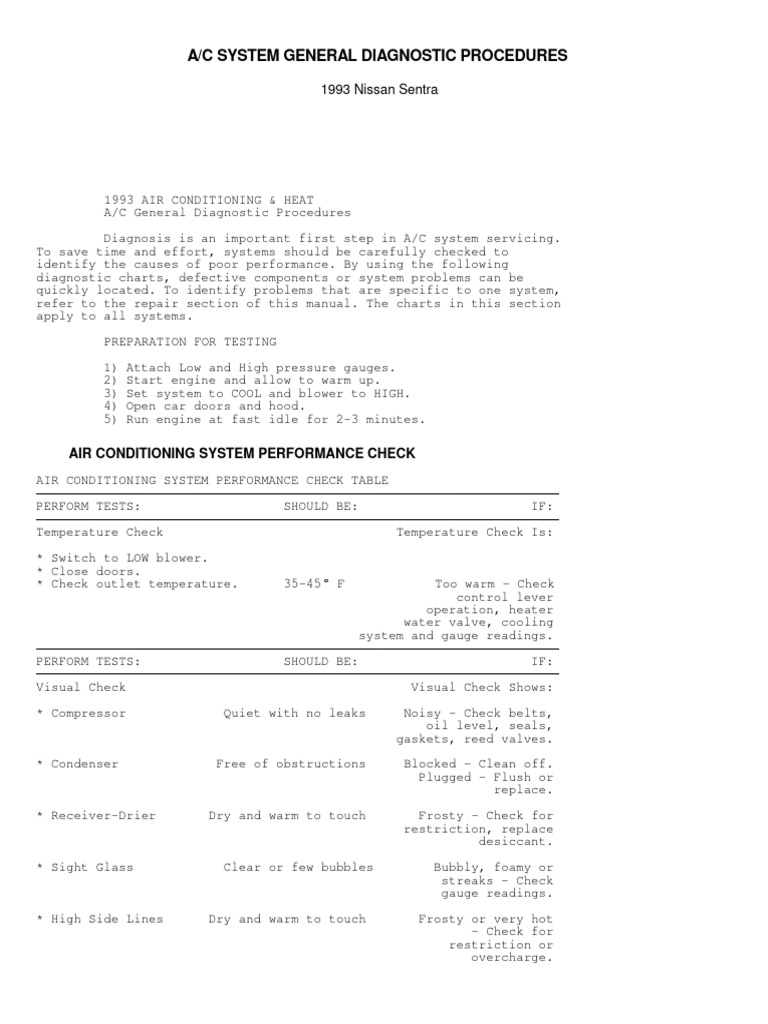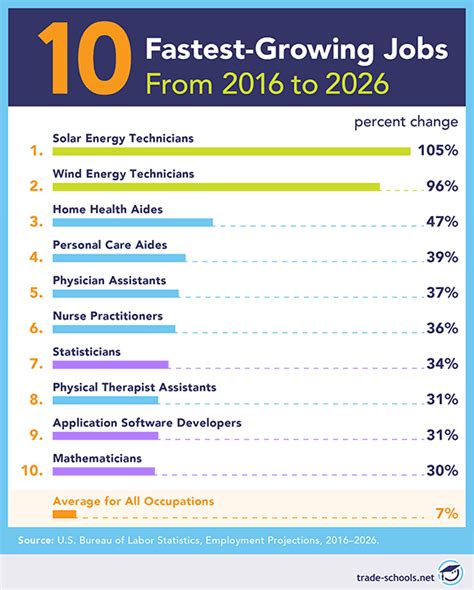Master Of Science Marketing

The Master of Science in Marketing is an advanced degree program designed to equip students with in-depth knowledge and practical skills in the field of marketing. This specialized graduate program offers a comprehensive curriculum, providing students with a solid foundation in various aspects of marketing strategies, consumer behavior, and brand management. In today's dynamic business landscape, a Master of Science in Marketing is an invaluable asset for individuals seeking to excel in marketing roles and make a significant impact on their organizations.
Unraveling the Master of Science in Marketing

The Master of Science in Marketing, often referred to as an MS Marketing or MSM, is a postgraduate degree that delves into the intricate world of marketing, offering a strategic and analytical approach to understanding consumer markets and developing effective marketing plans. This degree program is tailored for individuals who aim to become marketing leaders, capable of driving business growth and innovation.
Curriculum and Key Learning Outcomes
The curriculum of an MS Marketing program is extensive and covers a broad spectrum of marketing topics. Students typically begin with core courses that establish a strong foundation in marketing principles. These foundational courses may include subjects such as:
- Marketing Research and Analytics: Emphasizes the importance of data-driven decision-making in marketing, covering topics like market research methodologies, data analysis, and statistical techniques.
- Consumer Behavior: Explores the psychological and sociological factors that influence consumer choices, helping students understand buyer behavior and preferences.
- Strategic Marketing Management: Focuses on developing strategic marketing plans, including market segmentation, targeting, and positioning, as well as the creation and implementation of effective marketing strategies.
Beyond these core subjects, MS Marketing programs often offer a range of specialized courses to cater to diverse student interests and career paths. Some of these specialized courses might include:
- Digital Marketing and Social Media Strategies: Provides an in-depth understanding of online marketing platforms, social media influence, and digital advertising techniques.
- Brand Management and Communication: Teaches students how to build, nurture, and protect brand identities, including brand positioning, branding strategies, and effective communication techniques.
- Marketing Analytics and Customer Insights: Focuses on leveraging data analytics to gain customer insights, optimize marketing campaigns, and make informed business decisions.
- Global Marketing and Cross-Cultural Communication: Equips students with the skills to navigate the complexities of international markets, including cross-cultural communication, global branding, and international marketing strategies.
Real-World Application and Industry Insights
A distinctive feature of many MS Marketing programs is their focus on real-world application and industry exposure. These programs often incorporate:
- Case Studies: Students analyze and discuss real-life marketing scenarios, applying theoretical concepts to practical situations.
- Guest Lectures: Industry experts and marketing professionals are invited to share their insights, providing students with valuable industry perspectives.
- Marketing Projects: Students work on simulated or actual marketing projects, gaining hands-on experience in developing and implementing marketing plans.
- Internship Opportunities: Many programs encourage or facilitate internships, allowing students to gain practical experience in a professional marketing environment.
Through these practical components, MS Marketing programs ensure that students graduate not only with theoretical knowledge but also with the skills and confidence to tackle real-world marketing challenges.
Specializations and Electives
To cater to the diverse career aspirations of students, MS Marketing programs often offer specializations or elective courses. These specialized tracks allow students to delve deeper into specific areas of interest, such as:
- Digital Marketing and E-commerce: Focuses on the online business landscape, covering topics like search engine optimization, digital advertising, and e-commerce strategies.
- Marketing Analytics and Big Data: Teaches students to harness the power of big data for marketing decisions, including data mining, predictive analytics, and machine learning applications.
- International Marketing and Trade: Equips students with the skills to navigate global markets, including international marketing strategies, cross-cultural marketing, and international trade practices.
- Marketing Communications and Public Relations: Provides insights into effective communication strategies, including advertising, public relations, and crisis communication management.
Skills Development and Career Prospects
An MS Marketing degree equips students with a diverse skill set, including:
- Analytical Skills: Proficiency in data analysis and interpretation, enabling students to make informed marketing decisions.
- Strategic Thinking: Ability to develop and implement effective marketing strategies, considering market dynamics and consumer behavior.
- Creative Problem-Solving: Skills to tackle complex marketing challenges with innovative solutions.
- Communication and Presentation Skills: Proficiency in articulating marketing ideas and strategies to diverse audiences, including stakeholders and clients.
- Project Management: Competence in managing marketing projects, from planning to execution and evaluation.
Graduates of MS Marketing programs are well-positioned for a range of exciting career opportunities, including:
- Marketing Managers: Responsible for developing and overseeing marketing strategies, often leading marketing teams and ensuring effective brand representation.
- Digital Marketing Specialists: Experts in online marketing, including search engine optimization, social media marketing, and digital advertising.
- Market Research Analysts: Professionals who collect, analyze, and interpret market data to guide business decisions and marketing strategies.
- Brand Managers: Individuals tasked with building, nurturing, and protecting brand identities, ensuring consistent brand messaging across various marketing channels.
- Marketing Consultants: Provide strategic marketing advice and guidance to businesses, helping them navigate complex marketing landscapes.
Conclusion: The Value of an MS Marketing Degree

The Master of Science in Marketing is a transformative educational experience that empowers students with the knowledge and skills to excel in the dynamic world of marketing. With its comprehensive curriculum, real-world focus, and specialized tracks, this degree program prepares graduates to take on leadership roles in marketing, drive business growth, and make a significant impact in the industry.
What are the typical admission requirements for an MS Marketing program?
+Admission requirements can vary among institutions, but typically include a bachelor’s degree in a related field, acceptable GMAT or GRE scores, letters of recommendation, a statement of purpose, and relevant work experience.
How long does it take to complete an MS Marketing degree?
+The duration can vary, but most MS Marketing programs are designed to be completed within 1-2 years of full-time study.
What are the potential career paths for MS Marketing graduates?
+Graduates can pursue careers in marketing management, digital marketing, market research, brand management, and marketing consulting, among other roles.
Are there any online or part-time MS Marketing programs available?
+Yes, many universities offer online or part-time options, providing flexibility for working professionals or those with other commitments.
What is the difference between an MS Marketing and an MBA with a marketing focus?
+An MS Marketing is more specialized in marketing principles and strategies, while an MBA with a marketing focus offers a broader business management education with an emphasis on marketing.



